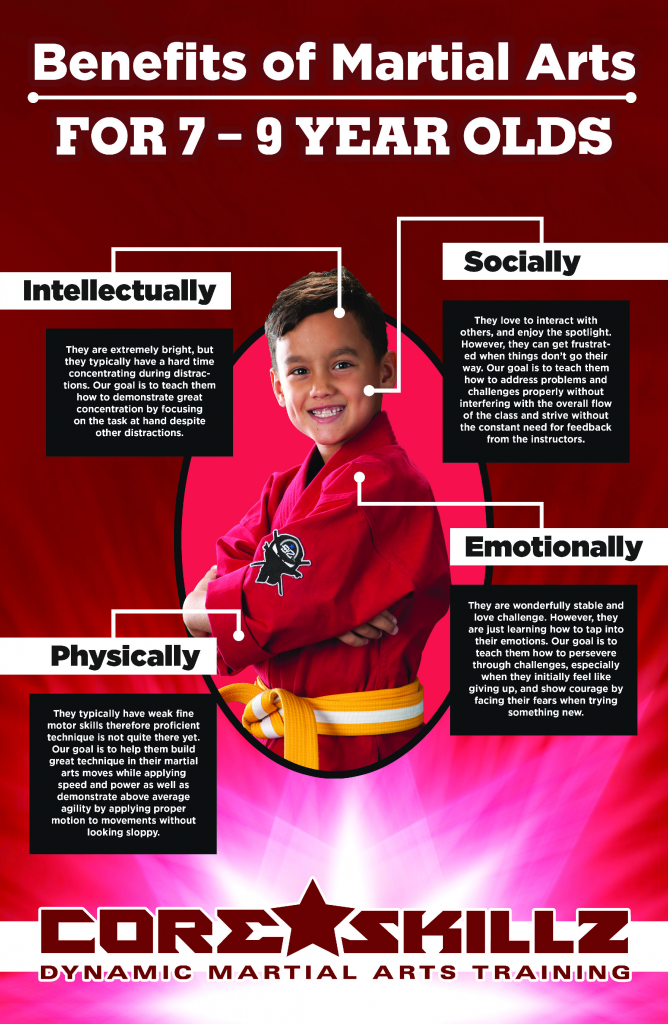The Result Of Young Age Martial Arts Involvement On Scholastic Achievement And Attention
The Result Of Young Age Martial Arts Involvement On Scholastic Achievement And Attention
Blog Article
Content Create By-Fitzgerald Gissel
Tip onto the mat of knowledge and discover the covert power that young people martial arts have.
Like a well-sharpened sword, the influence of these ancient techniques on scholastic performance and emphasis is a force to be reckoned with.
As you explore the midsts of this conversation, you will certainly discover the potential for boosted cognitive capabilities, enhanced concentration abilities, and a substantial boost in scholastic efficiency.
However the trip does not end there, for truth tricks exist within the web pages yet to be explored.
Enhanced Cognitive Capabilities
Improved cognitive capabilities have actually been observed in youth who take part in fighting styles. By engaging in fighting related resource site training, you can boost your cognitive functions such as attention, focus, and memory. The physical motions and techniques involved in martial arts require mental sychronisation and focus, resulting in boosted cognitive abilities.
Research studies have actually revealed that routine participation in martial arts can enhance information processing rate and exec functions, which are important for academic success. Martial arts training also assists to enhance analytical abilities and decision-making capabilities, as practitioners discover to evaluate and respond rapidly to various circumstances.
Furthermore, fighting styles technique promotes technique and self-constraint, which are crucial top qualities for efficient learning and scholastic accomplishment.
Improved Concentration Skills
How can martial arts training boost your ability to focus?
Fighting style training can considerably boost your concentration skills. Via the technique of different strategies and motions, you're called for to concentrate your attention on the task available. This consistent interaction helps to educate your mind to remain existing and focused.
Martial arts likewise show you to shut out diversions and maintain a high degree of concentration also in demanding scenarios. The repetition of motions and techniques during training helps to create muscular tissue memory, permitting you to execute activities with precision and effectiveness.
Additionally, fighting styles training typically includes mental workouts such as meditation and mindfulness, which further improve your ability to focus and preserve emphasis.
Boosted Academic Efficiency
Fighting style training can substantially enhance your academic efficiency by cultivating technique, emphasis, and positive self-image.
When how much is karate kid master the martial arts worth exercise martial arts, you find out to set goals, create regimens, and handle your time effectively. These skills translate right into better study behaviors and better academic performance.
Martial arts likewise teach you to remain focused and focus on the job at hand. kali martial art improved ability to focus can significantly benefit your knowing experience, allowing you to absorb and keep details more effectively.
Furthermore, the positive self-image gotten with fighting styles can positively influence your scholastic performance. Counting on on your own and having a positive attitude can assist you get rid of obstacles, take risks, and reach your complete scholastic potential.
Conclusion
Young people martial arts have a significant effect on scholastic efficiency and emphasis.
Research reveals that pupils who take part in fighting styles experience improved cognitive capabilities, boosted concentration abilities, and boosted scholastic efficiency.
As a matter of fact, a research study located that trainees who take part in routine martial arts training have a 15% higher grade point average compared to those who don't.
This fact highlights the positive correlation between martial arts and academic success, stressing the value of including such activities into the lives of young individuals.
